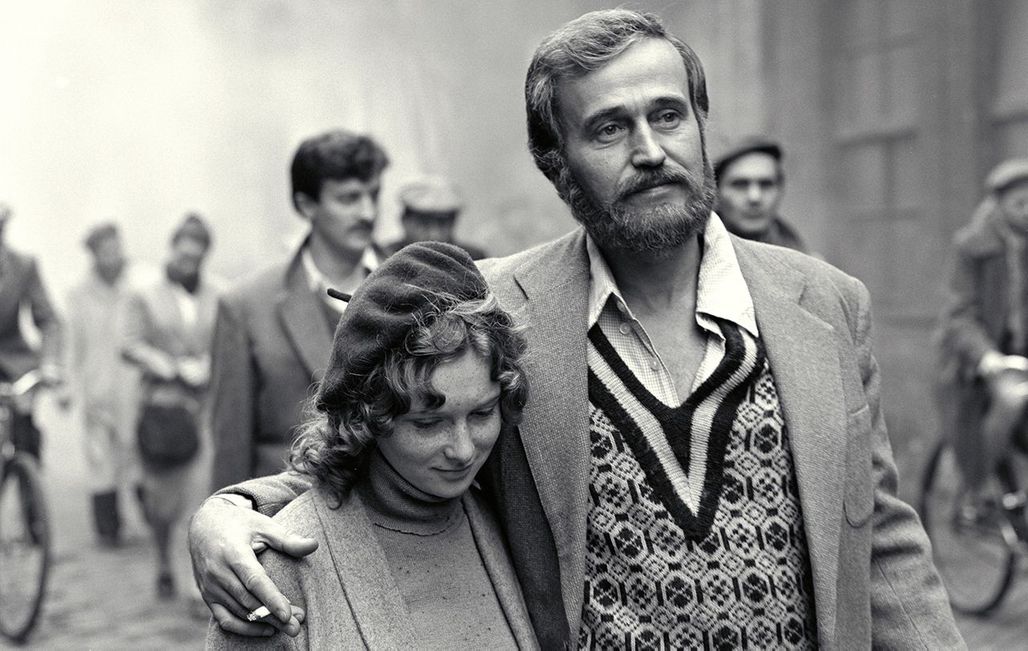
Napló gyermekeimnek (Diary for My Children), emancipation in the shadow of regime

In 1984, Hungarian filmmaker Marta Meszaros made the first film in a trilogy inspired by her personal history. Presented at Cannes Classics in its restored version Napló gyermekeimnek (Diary for My Children), tells the tale of a young orphan girl’s struggle to emancipate herself in the shady political context of the Soviet Union.
1947. Juli, a Hungarian teenager who was orphaned after her father was shot during the Stalinist purges, returns to her native country to be raised by an aunt who tries to bring her up with a blind faith in communism, yet finds herself on the receiving end of Juli’s stubbornness.
Realising that the Soviet regime is also reigning terror in Hungary, the young girl fights to become an independent woman while respecting the political and social values advocated by her deceased parents. She is helped in her quest for emancipation and her search for the memory of her parents by János, her aunt’s brother, in whom she sees her father…
Like that of Agnès Varda or Larissa Chepitko, Marta Meszaros’ cinema is distinguished by its anti-establishment vision and its stance on the side of female characters opposed by the diktats of society. “Each film I have made features an independent woman who finds herself in a situation where she has to make a decision by herself, for herself", said the filmmaker in 1976.
The death of her father, the avant-garde sculptor Laszlo Meszaros, and her placement in an orphanage on her return to Hungary were all sources of inspiration for the director when she wrote Diary for My Children, a deeply moving feature film based on her personal memories.
Presented at Cannes in 1984, the film won the Grand Jury Prize. It preceded Diary for My Loves (1987) and Diary for My Father and Mother (1990), the two other works in her world-famous trilogy.


